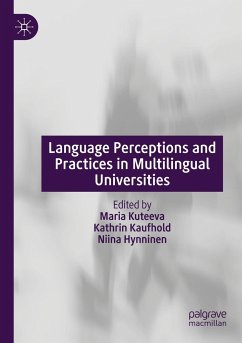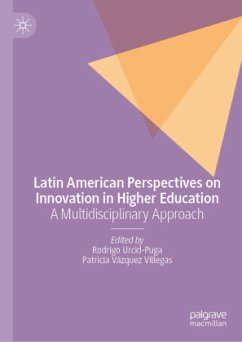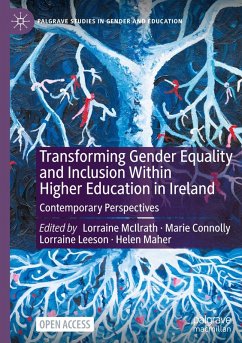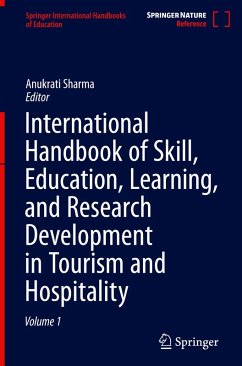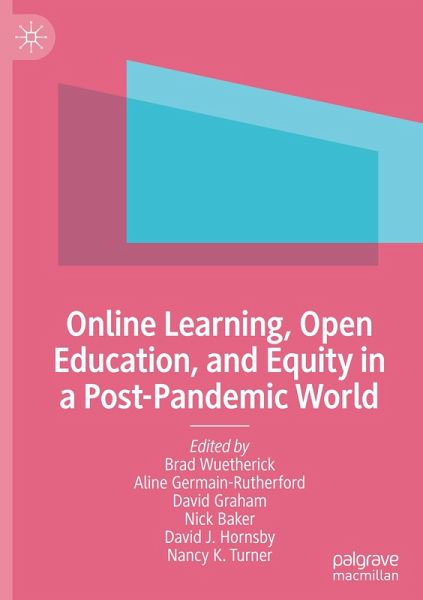
Online Learning, Open Education, and Equity in a Post-Pandemic World

PAYBACK Punkte
61 °P sammeln!
This edited volume explores institutional responses, equity in open education, and the future of higher education in a post-pandemic world, offering valuable insights into effective pedagogical practices and policy recommendations to sustain the advancements made during the pandemic. Through providing a concise overview of the collective insights and responses from various educational institutions and educators worldwide to the unprecedented challenges posed by the COVID-19 pandemic on higher education. It underscores the substantial shift to online learning, highlighting the exacerbation of e...
This edited volume explores institutional responses, equity in open education, and the future of higher education in a post-pandemic world, offering valuable insights into effective pedagogical practices and policy recommendations to sustain the advancements made during the pandemic. Through providing a concise overview of the collective insights and responses from various educational institutions and educators worldwide to the unprecedented challenges posed by the COVID-19 pandemic on higher education. It underscores the substantial shift to online learning, highlighting the exacerbation of existing inequalities among students due to factors such as digital access, socioeconomic status, and disabilities.




